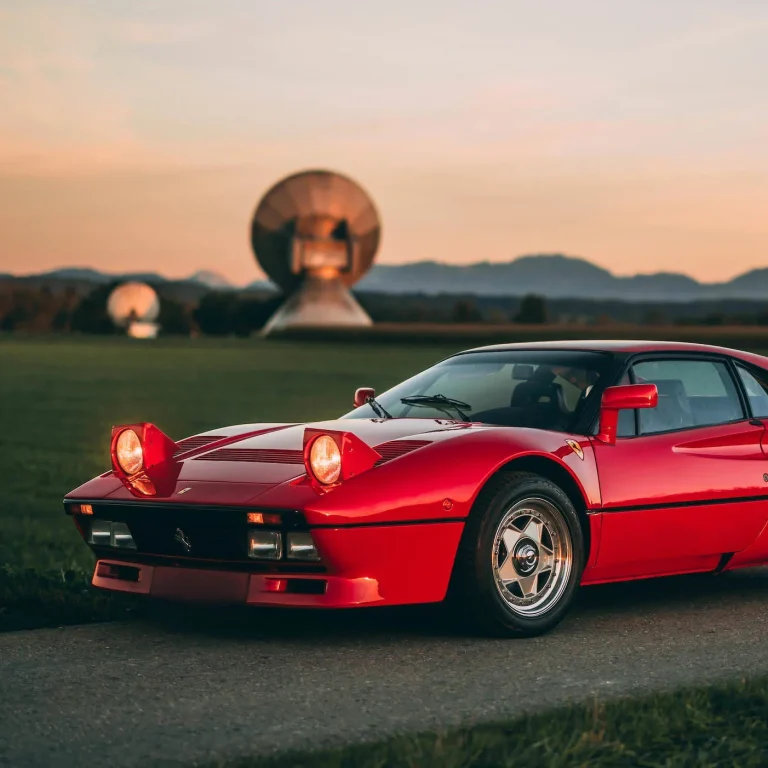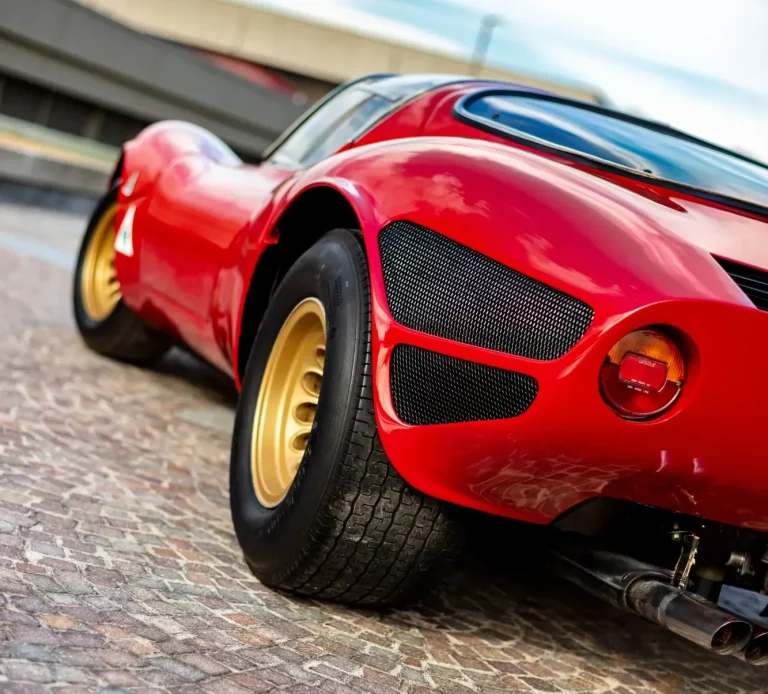hypercar.online
The Road Less Traveled: Early Missteps in Hypercar Development
In the pursuit of the ultimate performance machine, modern automotive pioneers have faced numerous challenges. The ambition to create a Hypercar—a vehicle that encapsulates speed, luxury, and cutting-edge technology—has not always been smooth sailing. Early forays into Hypercar development were often fraught with failures, highlighting the complexity of engineering and design in this elite segment. From ambitious prototypes that never made it to production to design concepts that fell short of expectations, these initial attempts shaped the future landscape of Hypercars. By analysing these first failed attempts, we gain invaluable insights that inform today’s Hypercar designs, inspiring innovation while ensuring that the legacy of these early efforts is never forgotten.
Porsche 963 RSP
Porsche has unveiled its highly anticipated first hypercar since the iconic 918, drawing inspiration from the legendary Le Mans-winning 917 race car. This new marvel of engineering promises to blend cutting-edge technology with the rich heritage of Porsche's motorsport success. With an emphasis on performance and design, the hypercar showcases innovations that pay homage to its predecessor while setting new standards in the world of high-performance automobiles. Enthusiasts and collectors alike are eager to see how Porsche will redefine the hypercar segment, capturing the spirit of racing while delivering an exhilarating driving experience.
1960's & the Alfa
The Alfa Romeo 33 Stradale, a marvel of automotive engineering, was celebrated as the quickest car for the standing kilometre upon its debut in the late 1960s. Produced in a limited run of just 18 units from 1967 to 1969, this exquisite hypercar drew inspiration from the Tipo 33 sports prototype, reflecting Alfa Romeo's commitment to infusing racing innovation into road-legal vehicles. With its lightweight construction, powerful V8 engine, and striking design, the 33 Stradale not only exemplified the brand's rich motorsport heritage but also established itself as a rare gem in the world of high-performance automobiles.
Scuderia Cameron Glickenhaus SCG 003
The Scuderia Cameron Glickenhaus SCG 003, developed under the code name P33, made its debut at the 2015 Geneva Motor Show. It was designed by Paolo Garella, a former designer and engineer at Pininfarina. The design aimed to offer customers three different configurations using the same modular chassis, allowing for interchangeable parts based on the car's intended purpose.







